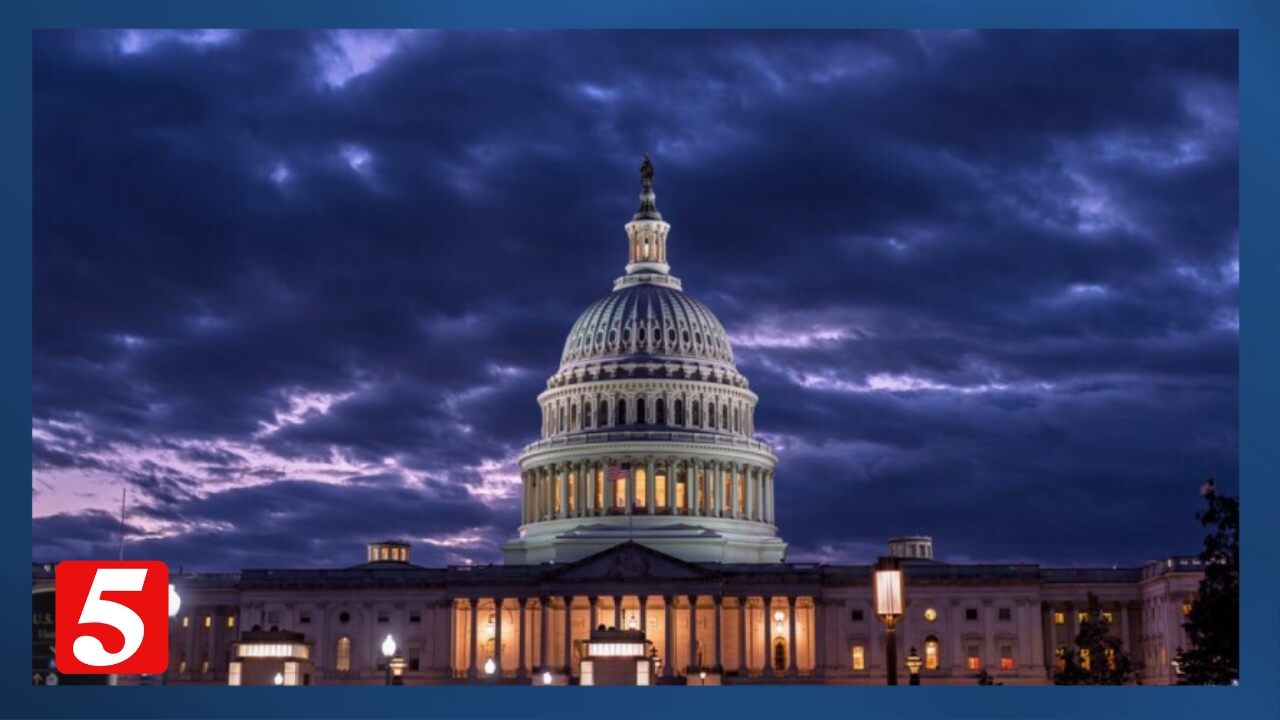MURFREESBORO, Tenn. (WTVF) — The current government shutdown has reached day 36, making it the longest in U.S. history. Critical services like SNAP benefits remain suspended while approximately 1.4 million federal workers are either furloughed without pay or forced to work without compensation.
For weeks, more than a million government employees haven't received paychecks, creating financial hardship across the country.
"It's kind of tough even thinking about being in that position," said Larry Roby, CEO of SFA Wealth Management.
Some of Roby's clients are experiencing this reality firsthand.
"We've had a couple people that's reached out and had to tap their emergency savings just to kind of to make do, you know, ends meet for right now," Roby said.
For those without emergency funds, financial experts recommend several strategies. Bridge loans offer one option, or workers can consult financial advisors about accessing 401k funds.
"To make sure they reach out to to any creditors they don't think they're gonna be able to pay on time. If they communicate many times different, especially during a shutdown, and they understand that's where they're at is, they will work with them on doing that," Roby said.
Lipscomb University professor of finance and economics Dr. Julio Rivas emphasizes that step one involves identifying essential spending and eliminating extras like streaming subscriptions.
"Lot of people, what they also do is they will sell things that they have and they don't, they don't really need, you know, and that that can create a short term cash flow," Rivas said.
Additional recommendations include diversifying income streams and seeking help from food pantries or friends.
"Some of those people might be able to give you advice or connect you with others that might be able to give you a temporary job, a temporary source of income, you know, so, so, so don't isolate yourself," Rivas said.
Even those unaffected by the shutdown should use this time to prepare financially.
"Most people don't plan to fail. They fail to plan, you know, so it's just a good idea to create some kind of plan," Roby said.
Experts recommend saving enough emergency funds to cover at least 90 days of expenses, ideally up to six months, to provide better protection during unexpected financial crises.
Do you have more information about this story? You can email me at Patsy.Montesinos@NewsChannel5.com

The aftermath of the historic ice storm will be felt for a long time by many, but what looked like a hopeless situation for one small business owner proved to be quite the opposite. This community would not let her fail. Patsy Montesinos shares the story with a truly happy ending.
- Carrie Sharp





